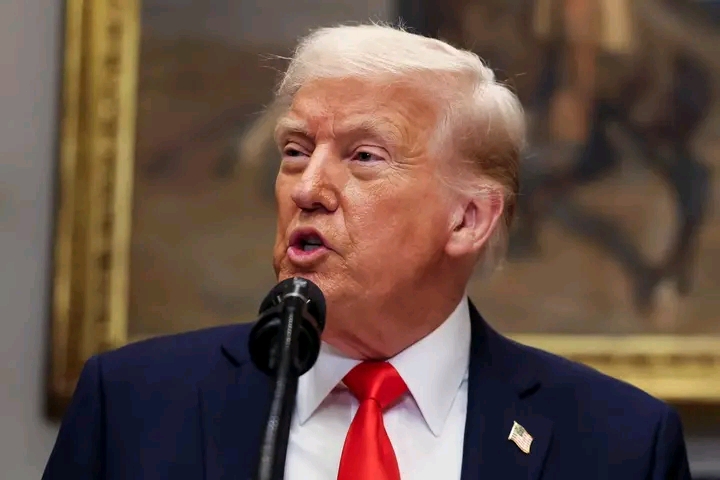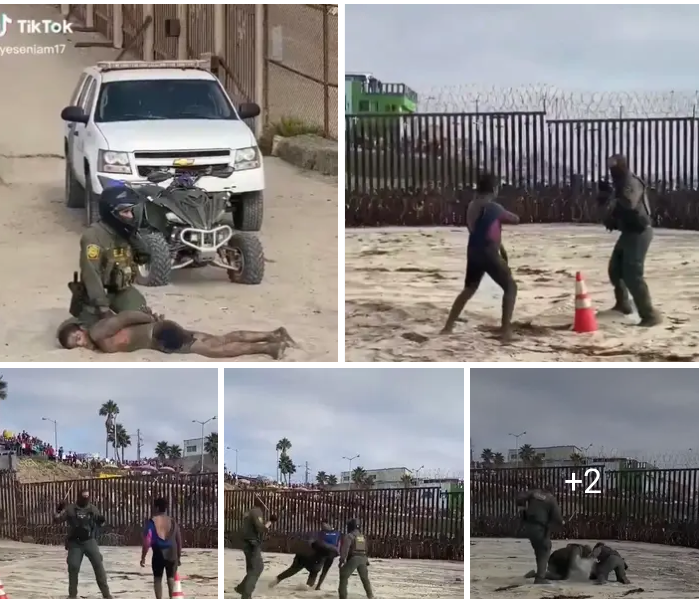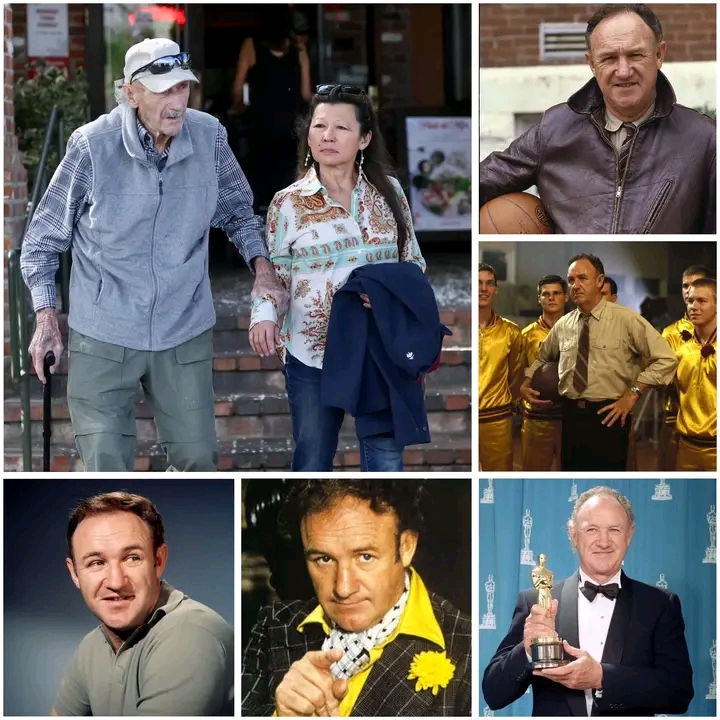A South Carolina Teacher Shares Why She’s Choosing Not to Have Children
A teacher from South Carolina has made the difficult decision to forgo having children while living under the current political climate. Approaching the age of 36, she already faces a high-risk pregnancy, and delaying childbirth further could make it even more complicated. She and her fiancé recently discussed the implications of their future, concluding that having children in the U.S.—particularly in their current home of Charleston, South Carolina—doesn’t seem like a viable option. Moving to another state like Maine or Vermont, where there are stronger protections, crossed their minds. However, even that doesn’t bring complete reassurance, as the uncertainty of the future weighs heavily on them.
Beyond personal concerns, she expressed deep anxiety about the well-being of her friends, especially women and members of the LGBTQ+ community. Waking up to messages from loved ones who are unsure of their place in this changing world adds another layer of worry. She also grapples with the reality of her job as an educator, where school safety has become an overwhelming priority. Recently, her school’s teacher training focused on preparing for lockdowns, a stark reminder of the dangers children face today. The thought of possibly being asked to carry a weapon to protect her students is both unsettling and disheartening.
As an educator, she sees firsthand the kind of environment today’s children are growing up in—a place where safety drills and lockdown procedures are a regular part of their school experience. This is not the world she wants to bring a child into. The weight of these realities makes the prospect of parenthood seem like an impossible choice for her at this moment. The fear of what lies ahead extends beyond just personal matters and into the broader implications for future generations.
Her message is not just about her own choices but also a reflection on the decisions made by society as a whole. The political landscape has tangible consequences for individuals and families, influencing personal decisions in profound ways. Whether it’s concerns about reproductive rights, social safety, or personal freedoms, the impact is real and deeply felt. For many, these issues are no longer abstract debates but urgent matters that shape their futures.
She closes with a pointed remark, urging people to consider the gravity of their choices. “I hope you voted, and I hope you understand the impact of your decision.” Her words serve as a reminder that elections are not just about policies on paper—they affect real lives in deeply personal ways. Her story highlights the importance of voting with an awareness of how laws and leadership shape the world we all share.






